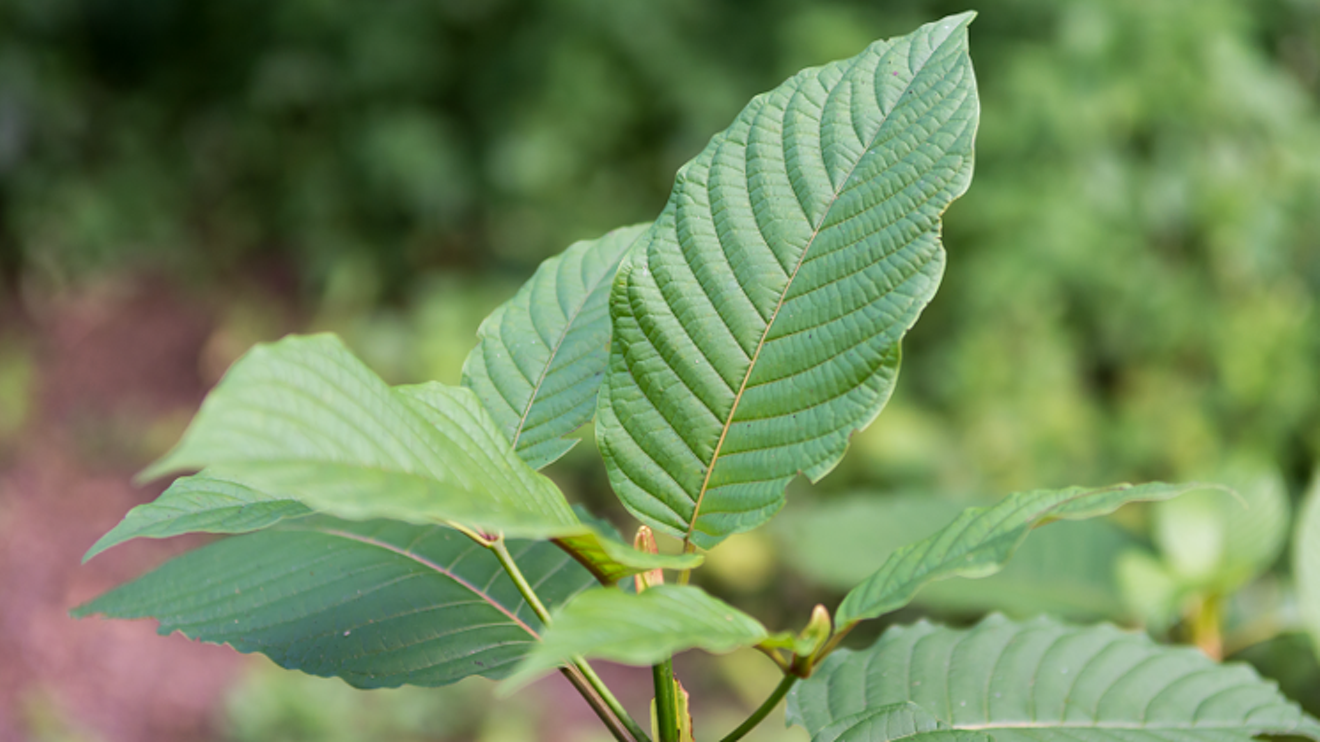In total, 28 people nationwide are said to have been sickened by Salmonella-tainted kratom. Of those, eleven were hospitalized, but no one has died as a result of such an infection.
As we've reported, Denver Environmental Health prohibited the sale of kratom for human consumption in the city on November 20, 2017, a few days after the FDA distributed its own alert about the substance. That same day, DEH began raiding local shops selling kratom as part of what the department's own board later concluded was a flawed process.
Then, last month, FDA agents made five visits over the span of a week to Clean Kratom Wellness Center, created and operated by Day, on suspicion that the business has been making improper medical claims about the herb. Day, a former heroin addict who used kratom to kick the habit, energetically denies this assertion.
The latest? Yesterday, February 20, the CDC announced that "as of February 16, 2018, 28 people infected with the outbreak strain of Salmonella...have been reported from 20 states."

This Centers for Disease Control graphic shows the dates when the 28 people infected via Salmonella-tainted kratom became sick.
In addition, CDC testing on those who became ill suggests that the infections "were closely related genetically. This means that people in this outbreak are more likely to share a common source of infection."
As seen in the graphic above, the first infection recorded as part of the outbreak took place on October 13, 2017, with the most recent happening on January 30 — though more could pop up, since the infection can take from two to four weeks to manifest into illness. The youngest victim was six years old, the oldest 67, with the median age set at 41. Sixteen of the 28 people were male.
Eight of the eleven people interviewed as part of the investigation said they'd consumed kratom "in pills, powder or tea," the CDC notes, adding, "No common brands or suppliers of kratom have been identified."

Faith Day is the creator and operator of Clean Kratom Wellness Center in Lakewood.
YouTube file photo
"I don't think kratom should be sold in head shops and places of that nature because of how delicate it is, and because you don't know what you're getting there," she said in her previous Westword interview.
Day added, "We've found e. coli in kratom before, and parasites, bugs, all kinds of stuff like that" — which is why she maintains strict quality control over the herbs she obtains from assorted vendors.
For these reasons, Day said, "I think state regulations should be put in place. If they could come up with the same type of testing and policies like they have for marijuana here that fit kratom use, I think it would be a great move in the right direction of keeping it legal."
In the meantime, the CDC "recommends that people not consume kratom in any form. The investigation indicates that kratom products could be contaminated with Salmonella and could make people sick. CDC’s recommendation may change as more information becomes available. This investigation is ongoing and we will provide updates as needed."












